Home>Home Maintenance>How Can I Raise Money For Home Repairs


Home Maintenance
How Can I Raise Money For Home Repairs
Modified: March 21, 2024
Looking to raise funds for home repairs? Learn effective strategies to finance your home maintenance projects and improve your living space.
(Many of the links in this article redirect to a specific reviewed product. Your purchase of these products through affiliate links helps to generate commission for Storables.com, at no extra cost. Learn more)
Introduction
Keeping a home in good repair is essential for maintaining its value and ensuring a safe and comfortable living environment. However, home repairs can be costly, and not everyone has the financial means to cover these expenses upfront. Whether it’s a leaking roof, a faulty electrical system, or a plumbing issue, finding the funds to tackle these repairs can be a major challenge.
In this article, we will explore various options for raising money specifically for home repairs. From personal savings to government programs, home repair loans to crowdfunding, there are several avenues you can explore to fund your home maintenance needs. Let’s dive in and discover the best options for you.
Key Takeaways:
- Explore government programs, home repair loans, and home improvement grants to fund essential home repairs. Consider personal savings and insurance coverage as initial options before seeking external financial assistance.
- Consider crowdfunding and seeking assistance from charitable organizations to alleviate the financial burden of home repairs. Thoroughly research and understand the requirements of each funding option before making a decision.
Read more: Where Can I Buy Calipers
Research Available Options
Before making any decisions, it’s important to thoroughly research the different options available for funding your home repairs. This will allow you to better understand the requirements, pros, and cons of each option and make an informed decision.
Start by conducting an online search to identify potential resources specifically designed to help homeowners with their repair needs. Look for government programs, non-profit organizations, and financial institutions that offer assistance or loans for home repairs. Take note of their eligibility criteria, interest rates, repayment terms, and any applicable fees or charges.
Read reviews and testimonials from other homeowners who have used the services or programs you are considering. This will provide you with valuable insights and help you gauge the reliability and effectiveness of the options available to you.
Additionally, consider consulting with professionals in the home maintenance industry. Reach out to local contractors, home repair specialists, or real estate agents who may have experience or knowledge about funding options for homeowners. Their expertise can prove invaluable in guiding you towards the most viable and reputable options.
By taking the time to thoroughly research your available options, you will be able to make an informed decision that aligns with your financial situation and specific home repair needs.
Consider Personal Savings
One of the first options to consider when it comes to funding home repairs is utilizing your personal savings. If you have a dedicated emergency fund or savings account, this can be an excellent source of funds for smaller repairs or maintenance projects.
Review your current savings and assess how much you can allocate towards the home repairs without compromising your overall financial stability. Consider the urgency and severity of the repairs needed to determine the amount you are comfortable withdrawing from your savings.
If you don’t have a dedicated emergency fund, it might be a good time to start setting aside a portion of your income each month for future home maintenance needs. By consistently saving, you can build up a fund specifically designated for repairs and improvements.
It’s important to strike a balance between using your savings for home repairs and maintaining a financial safety net. While it is tempting to use all your savings to cover large repairs, ensure you have enough funds left for unforeseen emergencies or unexpected expenses.
However, if the repair costs exceed your available savings or you prefer to preserve your savings for other financial goals, it may be necessary to explore alternative funding options.
Remember, the benefit of using personal savings is that you have full control over the funds, minimizing any associated costs or fees. Plus, you won’t need to go through the approval process or wait for funds to be disbursed, allowing you to address the repairs promptly.
Utilizing personal savings is an excellent way to take responsibility for your own home repairs and avoid incurring additional debt. However, it’s crucial to carefully consider the impact on your overall financial situation before making a decision.
Explore Government Programs
When it comes to funding home repairs, there are various government programs designed to assist homeowners, particularly those with low to moderate incomes. These programs can provide financial aid or resources to help cover the costs of essential repairs or improvements.
Start by researching federal, state, and local government programs in your area. These programs may offer grants, loans, or subsidies specifically for home repairs. Some programs focus on energy efficiency upgrades, while others address health and safety concerns.
The U.S. Department of Housing and Urban Development (HUD) offers several programs such as the Section 504 Home Repair Program, which provides grants to elderly or disabled homeowners for necessary home repairs. The Weatherization Assistance Program helps improve energy efficiency and reduce utility bills for low-income households.
Additionallt, investigate whether your state or local government offers programs or initiatives to assist homeowners with repairs. Some states have specific programs dedicated to individuals and families in need of home repair assistance.
Keep in mind that government programs may have eligibility requirements based on factors such as income, residency, and the type of repairs needed. It’s important to carefully review the program guidelines and determine if you meet the criteria before applying.
Applying for government programs can be a time-consuming process, as there may be paperwork, documentation, and inspections involved. However, the benefit of these programs is that they often offer funds at lower interest rates or even provide grants that do not need to be repaid.
Remember to enlist the help of housing counselors or experts who can guide you through the application process and ensure you are taking full advantage of the government programs available to you.
Exploring government programs is a worthwhile endeavor for homeowners seeking financial assistance for their home repairs. These programs can provide substantial support and help alleviate the financial burden associated with essential repairs or improvements.
Look into Home Repair Loans
If your personal savings or government programs aren’t sufficient to cover your home repair expenses, another option to consider is obtaining a home repair loan. Home repair loans are specifically designed to fund repairs or renovations and can provide you with the necessary funds to address your home maintenance needs.
There are several types of home repair loans available, including home equity loans, home equity lines of credit (HELOCs), and personal loans. Each option has its own advantages and considerations, so it’s important to carefully evaluate the terms and conditions before making a decision.
Home equity loans and HELOCs allow you to borrow against the equity in your property. These loans typically have lower interest rates compared to personal loans because they are secured by your home. However, keep in mind that your home is used as collateral, so if you fail to make payments, you risk losing the property.
Personal loans, on the other hand, are unsecured loans that may have higher interest rates, but do not require collateral. These loans may be more suitable for smaller repair projects or if you do not have substantial equity in your home.
Before applying for a home repair loan, shop around to compare loan terms, interest rates, and fees from different financial institutions. Obtain multiple quotes and carefully review the terms and conditions to ensure you are getting the best deal.
It’s important to consider your financial situation and ability to repay the loan before borrowing. Calculate the monthly payments and ensure they fit comfortably within your budget. Avoid borrowing more than necessary to avoid burdening yourself with excessive debt.
Keep in mind that obtaining a home repair loan will require a thorough review of your credit history and income stability. Lenders will assess your ability to repay the loan based on your financial situation. If you have a poor credit score or unstable income, you may encounter difficulty securing a loan or be offered less favorable terms.
However, if you have a good credit history and stable income, a home repair loan can provide a convenient and structured way to finance your home repairs. Just remember to borrow responsibly and only take on what you can comfortably repay.
Consider Crowdfunding
If you’re in need of funds for your home repairs but don’t want to go through traditional loan processes, crowdfunding can be an innovative and effective option. Crowdfunding involves reaching out to a larger community of people, often through online platforms, to raise funds for a specific cause or project.
To start a successful crowdfunding campaign for your home repairs, you’ll need to create a compelling pitch that highlights the urgency and importance of the repairs. Tell a story about your home, the repairs needed, and how it impacts your life. Include before and after pictures, if possible, to visually demonstrate the transformation your repairs will bring.
There are various crowdfunding platforms available, such as Kickstarter, GoFundMe, and Indiegogo, that allow individuals to create campaigns and collect contributions from friends, family, and even strangers who resonate with their cause.
When setting up your crowdfunding campaign, be sure to set a realistic fundraising goal that accurately reflects the cost of the repairs. Break down the expenses and explain how each dollar will be utilized. This transparency will help potential donors understand the purpose of their contribution and feel more inclined to support your campaign.
Share your campaign on social media, email it to friends and relatives, and reach out to local community groups to spread the word. Engage with your supporters by providing updates on the progress of your campaign and expressing gratitude for their contributions.
It’s important to note that crowdfunding success is not guaranteed, and there is an element of uncertainty involved. However, with a compelling story, effective promotion, and a supportive network, crowdfunding can be a viable option for raising funds for your home repairs.
Keep in mind that crowdfunding platforms may charge a fee or percentage of the funds raised, so be sure to factor that into your overall budget. Additionally, be prepared to invest time and effort into managing your campaign, responding to messages, and keeping your donors informed.
Crowdfunding offers a unique opportunity to rally support from the community and alleviate the financial burden of your home repairs. It not only helps you raise the necessary funds but also fosters a sense of connection and shared responsibility among your supporters.
Consider applying for a home improvement loan or a home equity line of credit to raise money for home repairs. These options can provide the funds you need with manageable repayment terms.
Seek Assistance from Charitable Organizations
If you’re struggling to find the funds needed for your home repairs, another avenue to explore is seeking assistance from charitable organizations. There are non-profit organizations and charities that provide support specifically for home repairs and renovations, particularly for individuals and families with limited financial resources.
Start by researching local charitable organizations in your area that focus on housing or home improvement initiatives. These organizations often have programs dedicated to helping homeowners make necessary repairs or modifications to their homes.
Contact these organizations and inquire about their eligibility criteria and application processes. They may require documentation, such as proof of income or proof of home ownership, to determine your eligibility for assistance.
Charitable organizations can provide various forms of support, including financial assistance, volunteer labor, or discounted materials and services. Some organizations work in partnership with local contractors or home repair professionals to deliver the necessary repairs at a reduced cost.
It’s important to keep in mind that the availability and extent of assistance from charitable organizations will vary. Funding may be limited, and there may be a significant demand for their services. However, it is worth exploring this option as they can offer valuable support in your home repair journey.
In addition to housing-focused organizations, consider reaching out to churches, community centers, and other local community groups. They may have resources available or be able to connect you with individuals or organizations willing to help with your home repairs.
When contacting these organizations, be sure to clearly articulate your situation and the specific repairs or improvements you need. Explain why these repairs are important and how they will enhance your quality of life or safety. Providing clear and compelling information can increase your chances of receiving assistance.
Remember that seeking assistance from charitable organizations requires patience and perseverance. Be proactive in your search, follow up on leads, and stay engaged with the organizations to demonstrate your commitment to improving your home.
Assistance from charitable organizations can make a significant difference in your ability to address essential home repairs, especially when financial resources are limited. Reach out to these organizations and see if they can provide the support you need.
Explore Home Improvement Grants
If you’re in need of financial assistance for your home repairs, exploring home improvement grants can be a great option. Home improvement grants are funds provided by government agencies, non-profit organizations, or private foundations to help homeowners make essential repairs or upgrades to their homes.
Start by researching grant programs specifically designed for home repairs and improvements. Government agencies such as the U.S. Department of Agriculture (USDA), Department of Housing and Urban Development (HUD), and state or local housing agencies often offer grant programs to assist homeowners in need.
When researching grant programs, take note of the eligibility requirements and application process. Grants typically have specific criteria, such as income limits, property location, or the type of repairs needed. Ensure you fit within the requirements before investing time and effort in the application process.
Non-profit organizations and private foundations also offer home improvement grants. These organizations may have different priorities or focus areas, so it’s crucial to align your needs with their specific mission or grant guidelines.
When applying for a home improvement grant, be prepared to provide documentation such as proof of income, proof of homeownership, and specifications of the repairs needed. Some grant programs may require estimates or bids from licensed contractors to validate the cost of the repairs.
It’s important to note that home improvement grants typically have a competitive application process, as there is often limited funding and a high demand for assistance. Take the time to submit a well-prepared application, including a clear description of your project, the impact it will have, and why you are in need of financial assistance.
Remember to follow all instructions and deadlines specified in the grant application. Any discrepancies or incomplete information may result in disqualification of your application.
If you are awarded a home improvement grant, it is important to use the funds responsibly and according to the grant terms. Keep in mind that some grants may require inspections or progress reports to ensure the repairs are being carried out as planned.
Exploring home improvement grants can provide you with a significant financial boost when it comes to funding your home repairs. Take the time to identify grant programs that align with your needs, adhere to their application requirements, and present a compelling case for why you deserve the funding. With perseverance and thorough research, you may be able to secure a grant to help transform your home.
Consider Home Equity Loans
If you’re a homeowner and in need of funds for your home repairs or improvements, one option to consider is a home equity loan. A home equity loan allows you to borrow against the equity you’ve built in your property, making it an attractive option for accessing larger sums of money.
Home equity loans typically offer lower interest rates than personal loans or credit cards because they are secured by the value of your home. The loan amount is based on the difference between your home’s market value and the amount you still owe on your mortgage.
There are two types of home equity loans: a standard home equity loan and a home equity line of credit (HELOC). With a standard home equity loan, you receive a lump sum upfront and repay it over a fixed term with a fixed interest rate. A HELOC, on the other hand, provides you with a line of credit that you can draw from as needed, similar to a credit card. HELOCs often have variable interest rates.
When considering a home equity loan, it’s important to weigh the advantages and potential drawbacks. The main benefit is access to a larger amount of funding compared to other options. Home equity loans also typically have lower interest rates, and the interest may be tax-deductible (consult a tax advisor for specific details).
However, there are risks involved with home equity loans. Since your home is used as collateral for the loan, failure to make payments could result in foreclosure. Additionally, taking on additional debt can put a strain on your finances, so it’s crucial to assess your ability to comfortably repay the loan.
Before applying for a home equity loan, consider the amount of equity you have in your home, your creditworthiness, and the amount you need for your repairs. Shop around and compare loan terms, interest rates, and fees from different lenders to ensure you get the best deal.
Keep in mind that the loan approval process for home equity loans involves an appraisal of your home’s value and a thorough review of your financial situation. Having a good credit score and a stable income will increase your chances of approval and better loan terms.
Consider consulting with a financial advisor to assess your options and determine if a home equity loan is the right choice for your specific circumstances.
Overall, a home equity loan can be a valuable tool for funding your home repairs. By utilizing the equity in your home, you can access the funds you need while potentially benefiting from lower interest rates. Just remember to carefully consider the financial implications and ensure that you can comfortably manage the loan payments.
Read more: How Can I Tell If I Need Plumbing Repair
Look into Insurance Coverage
When facing home repairs or damage, one avenue that homeowners often overlook is their insurance coverage. Depending on the nature of the repairs and the cause of the damage, your homeowner’s insurance policy may provide coverage to help with the costs.
Review your insurance policy to determine if the repairs you need are covered. Damage caused by certain events, such as natural disasters or accidents, may be eligible for coverage. Check the specific terms and conditions of your policy to understand what repairs are covered and what deductibles apply.
If you believe your repairs are covered by insurance, reach out to your insurance provider as soon as possible to begin the claims process. They will guide you through the necessary steps and provide you with information on how to proceed.
Keep in mind that insurance coverage may have limitations, such as certain exclusions or limits on the claim amount. Deductibles may also apply, which means you will need to pay a specified amount out-of-pocket before the insurance coverage kicks in.
When filing an insurance claim, document the damage thoroughly with photographs, videos, and written descriptions. Provide any necessary supporting documents, such as receipts or estimates for the repairs, to substantiate your claim.
It’s important to note that insurance coverage for home repairs is typically for unforeseen events or accidental damage. Routine maintenance or wear and tear are not usually covered by insurance.
If your insurance policy does not cover the repairs you need or if the claim payout is not sufficient to cover the costs, you may need to explore other funding options, such as personal savings, loans, or grants.
It’s crucial to maintain and review your insurance coverage regularly to ensure you have adequate protection for your home. Be proactive in understanding your policy, including any exclusions or limitations, so that you can make informed decisions and seek appropriate coverage when needed.
Looking into insurance coverage for your home repairs can potentially provide financial relief, but it’s essential to understand the terms of your policy and work closely with your insurance provider throughout the claims process.
Conclusion
Home repairs are an inevitable part of homeownership, and finding the funds to cover these expenses can sometimes be challenging. However, by exploring the various options available, you can find a solution that fits your financial situation and helps you tackle the necessary repairs.
Consider starting with your personal savings, utilizing the funds you’ve set aside specifically for emergencies and home maintenance. If that’s not enough, research government programs that offer grants or loans to assist homeowners with their repair needs. Additionally, look into home improvement grants and charitable organizations that provide financial aid or resources for home repairs.
If you require a larger sum of money, home equity loans can provide a viable option, leveraging the equity you’ve built in your property. Crowdfunding is another innovative choice, allowing you to reach out to a wider network of people for financial support. And don’t forget to review your insurance coverage, as certain repairs may be eligible for coverage under your homeowner’s policy.
When evaluating these options, it’s important to consider the terms, conditions, and potential impact on your overall financial situation. Take the time to thoroughly research and understand the requirements of each option, and seek expert advice if needed.
Remember that maintaining your home is essential for its value and your comfort. Addressing repairs promptly can prevent further damage and more expensive repairs down the line.
Ultimately, finding the right funding option for your home repairs requires a combination of thorough research, careful consideration, and proactive action. By exploring different avenues and making informed decisions, you can secure the funds needed to maintain and improve your home, ensuring a safe and comfortable living environment for years to come.
Frequently Asked Questions about How Can I Raise Money For Home Repairs
Was this page helpful?
At Storables.com, we guarantee accurate and reliable information. Our content, validated by Expert Board Contributors, is crafted following stringent Editorial Policies. We're committed to providing you with well-researched, expert-backed insights for all your informational needs.
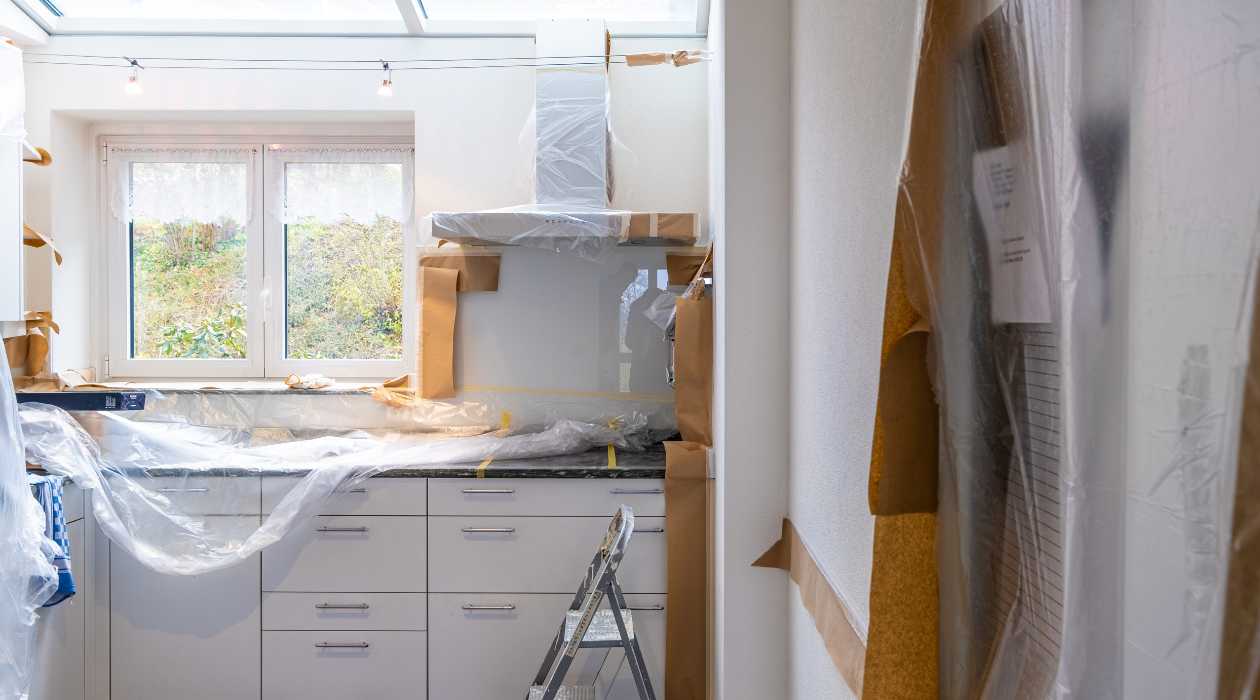

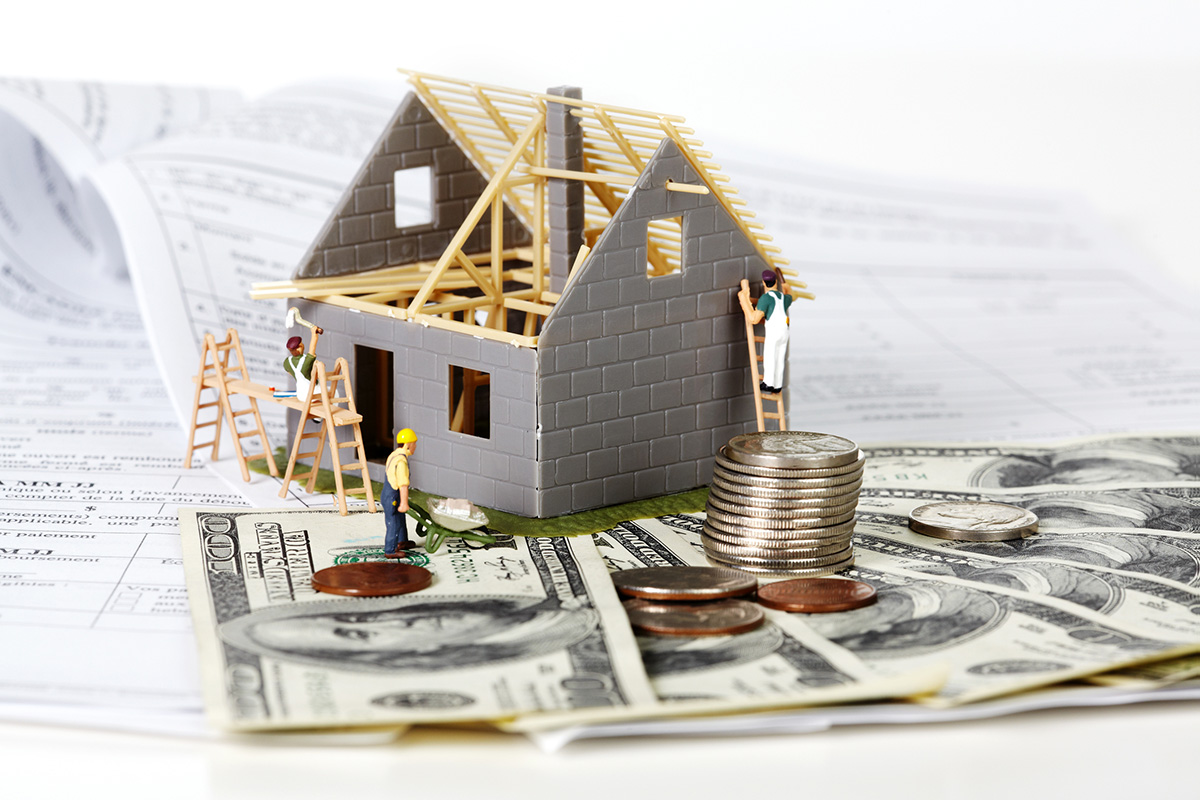


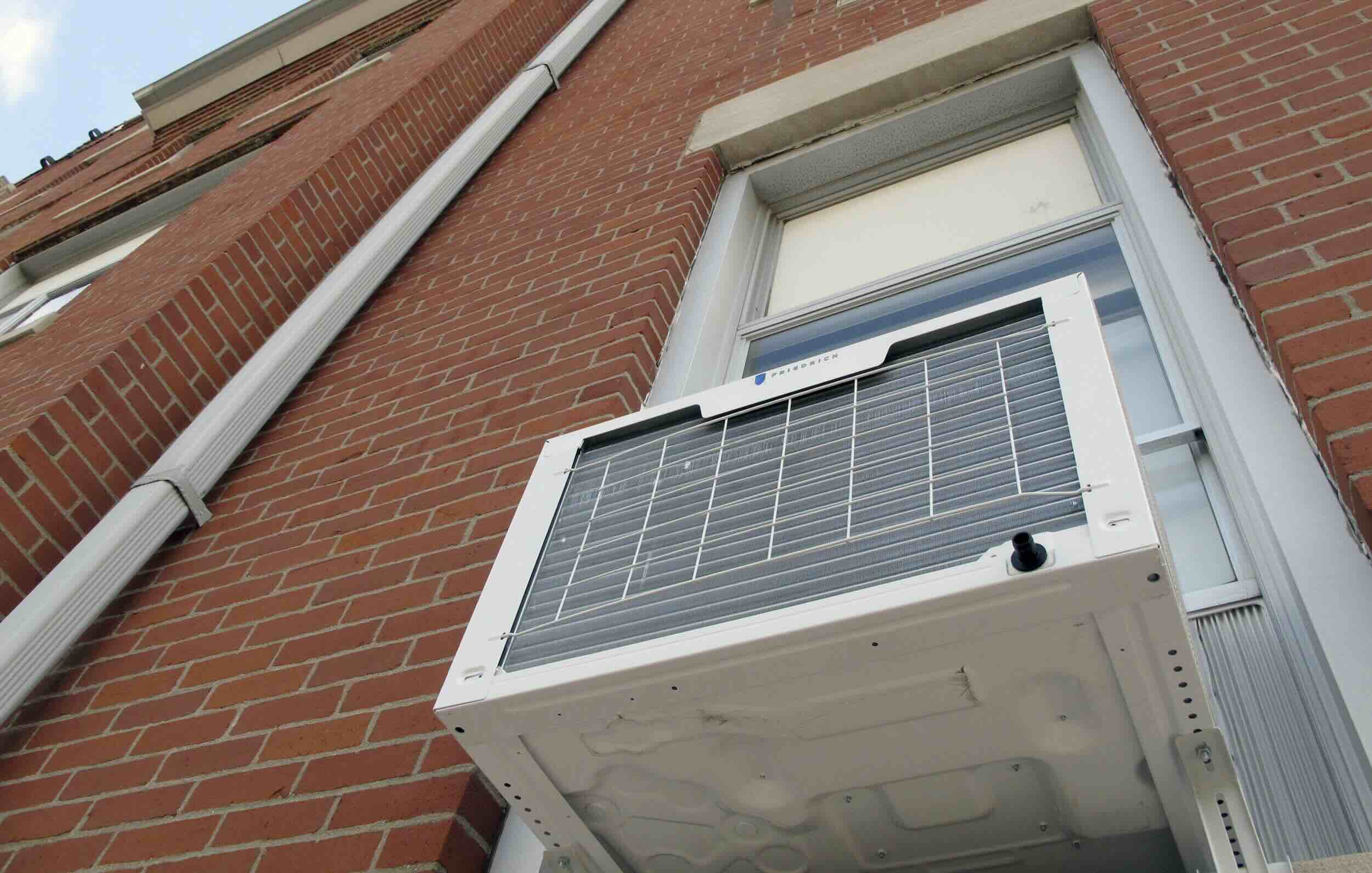

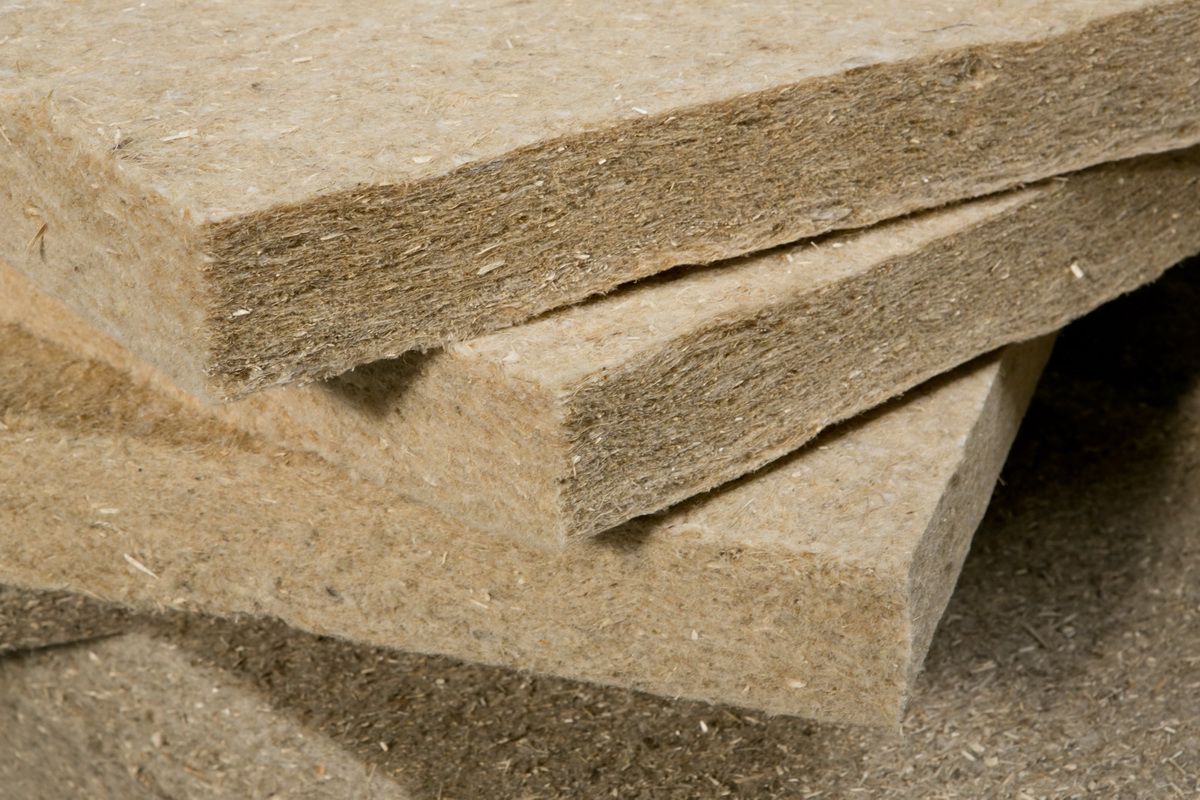

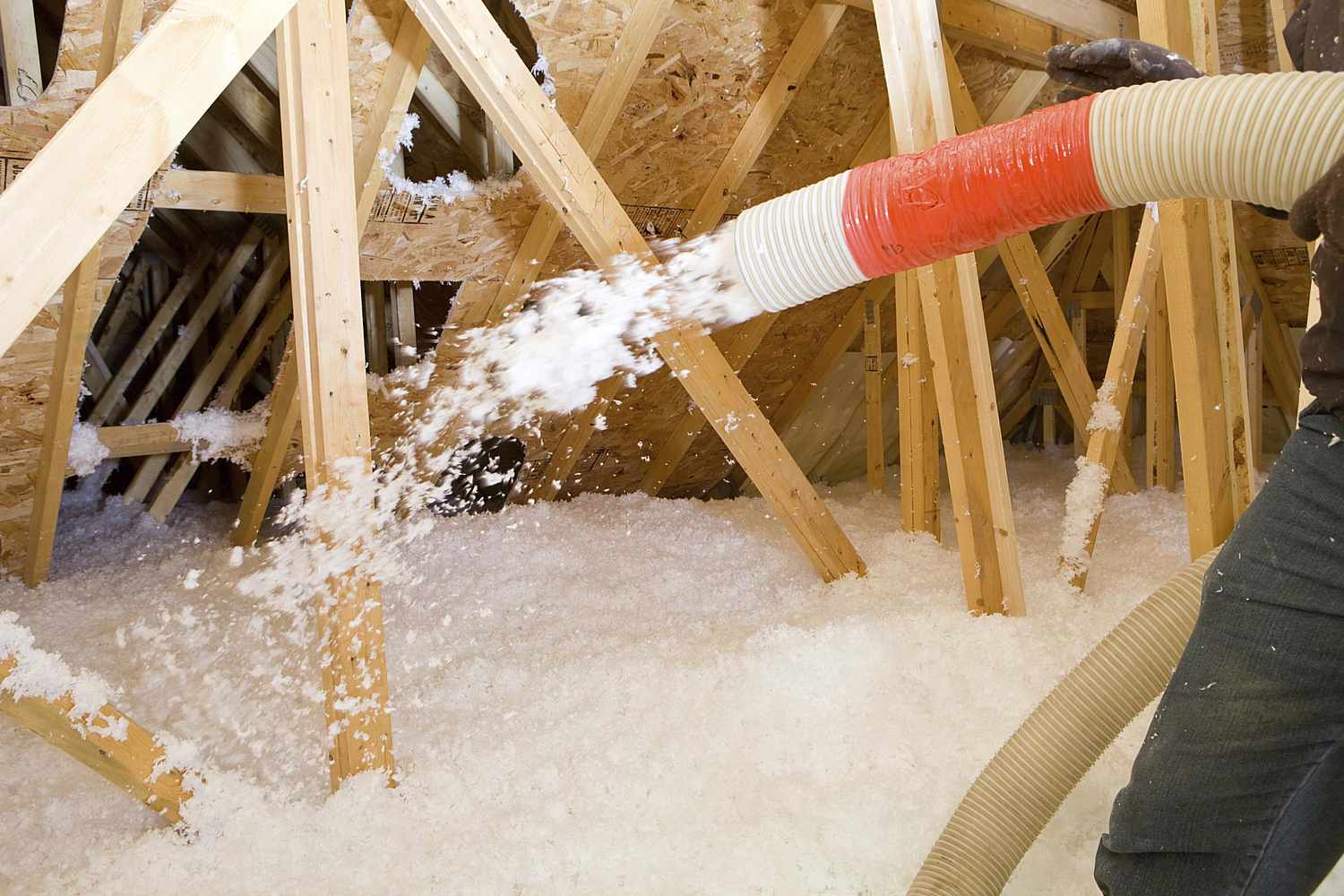
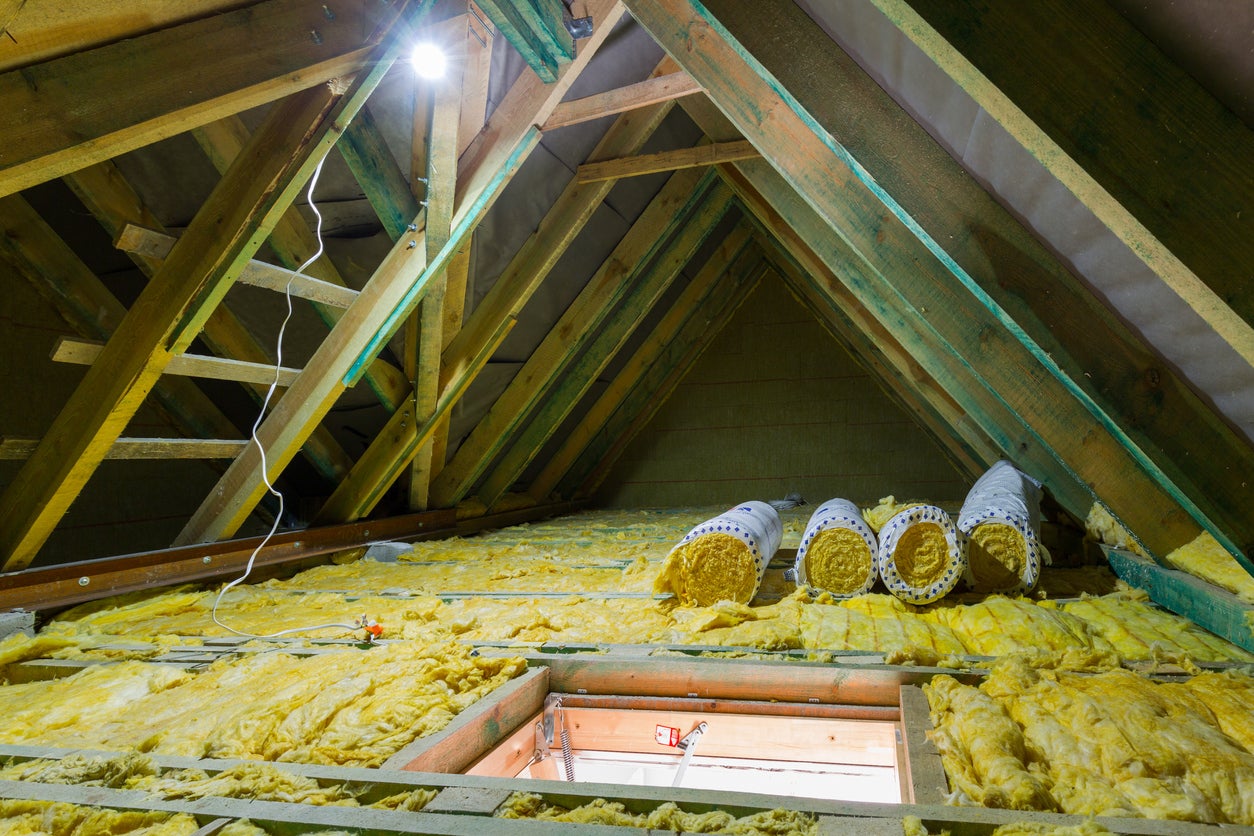



0 thoughts on “How Can I Raise Money For Home Repairs”